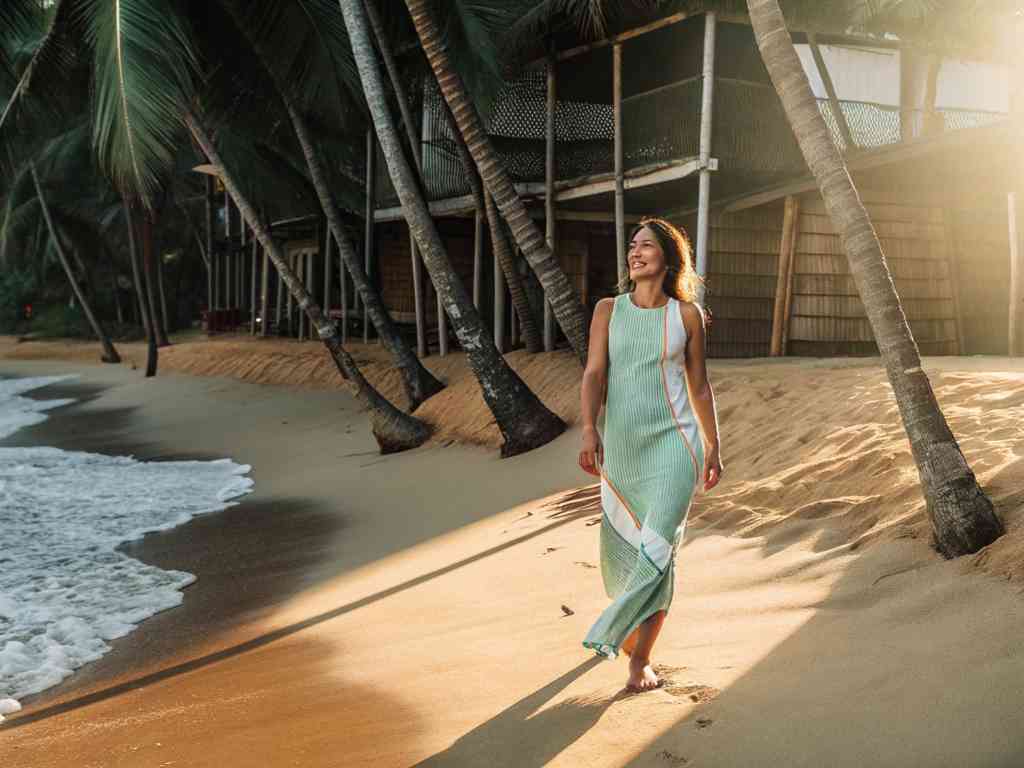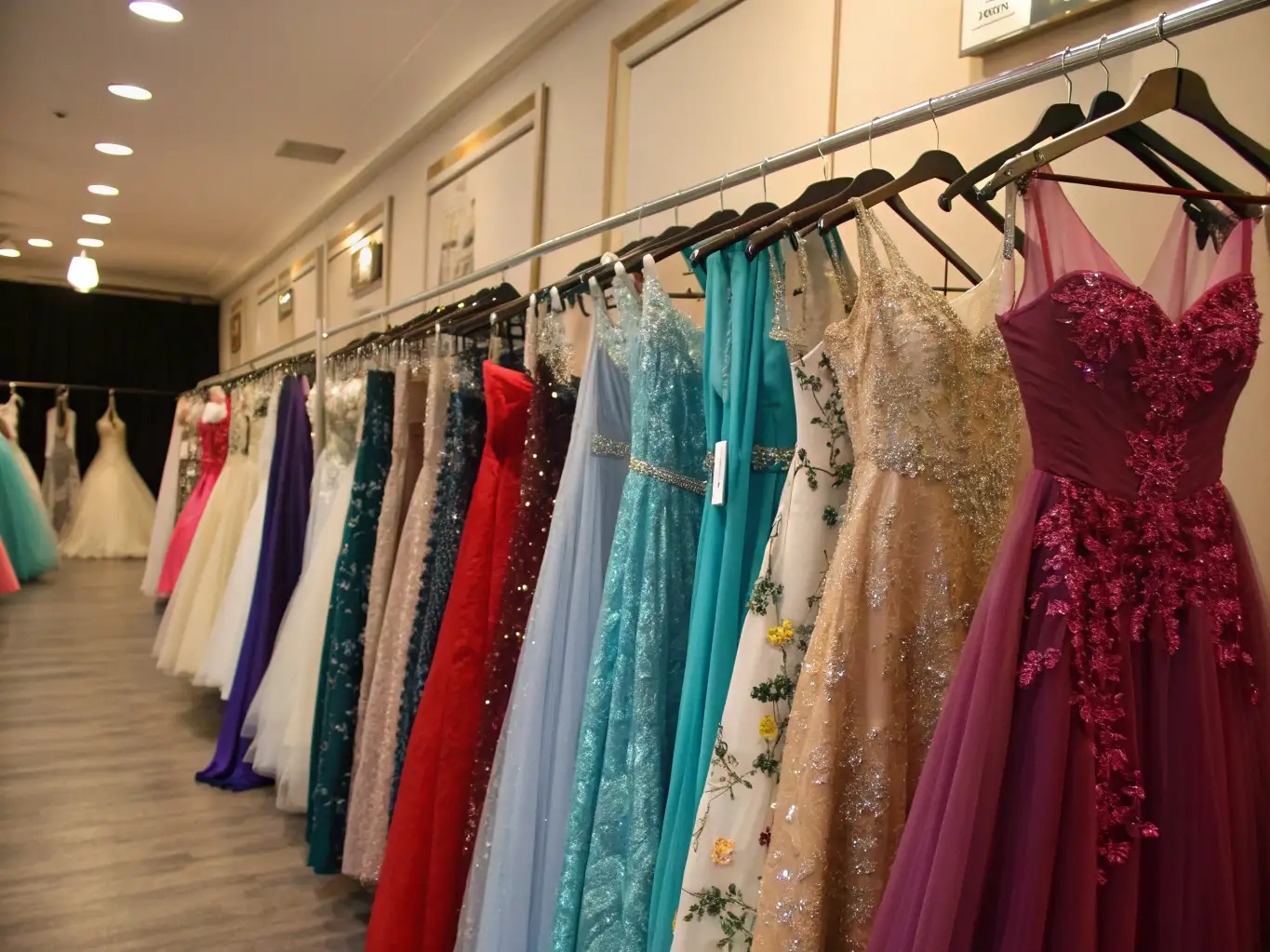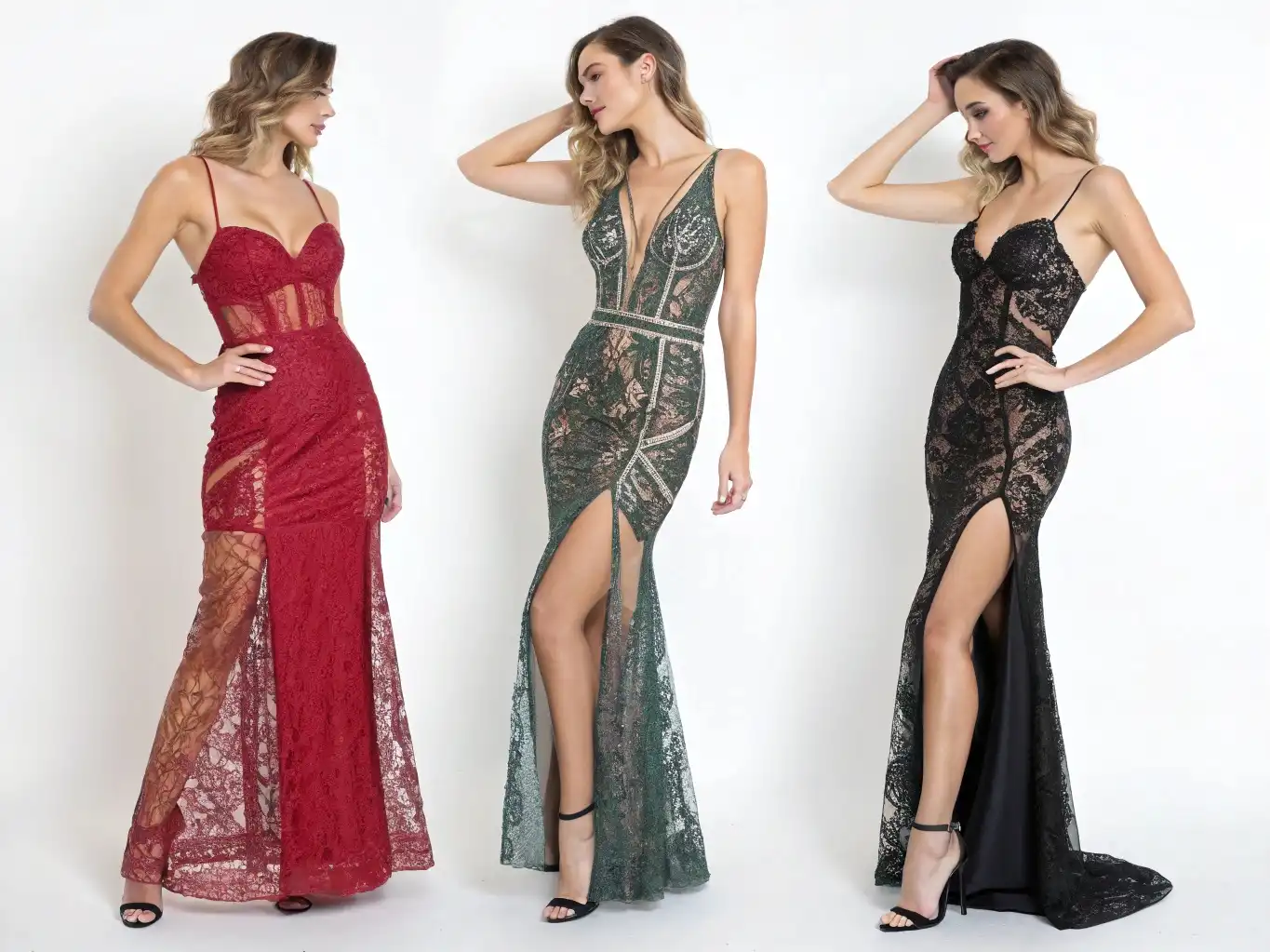Shopping for the perfect dress can feel overwhelming. With so many styles, fits, and fabrics, it’s easy to get lost. But when you know what to look for, it becomes simple—and fun.
To buy the perfect woman dress, you need to consider occasion, body shape1, fabric, fit, style, and where you shop. With the right approach, finding a dress that suits you perfectly becomes easier than ever.
I once bought a dress on impulse—only to wear it once. That mistake taught me to slow down and ask the right questions before I buy. This guide includes everything I wish I knew earlier.
What Should You Consider Before Buying a Woman Dress?
Before you even start browsing, take a step back and think: where are you going to wear it?
Understanding the occasion, your body shape, and personal style will help you narrow your options and avoid wasting money on dresses you’ll never wear.
What Is the Occasion or Purpose of the Dress?
Dresses serve different purposes—so your choice should match the event.
For formal events, go structured and elegant. For daily wear, comfort matters more. Identifying your purpose first helps you shop smarter.
Occasion-Based Dress Suggestions
| Occasion | Recommended Style |
|---|---|
| Office | Midi dress with sleeves |
| Formal Event | Floor-length gown |
| Date Night | Wrap or slip dress |
| Casual Outing | T-shirt or A-line dress |
| Vacation | Maxi or sundress |
How Does Body Shape Affect Dress Choice?
Your body shape plays a big role in what looks flattering.
Each dress cut interacts differently with curves and lines. Learning your shape—whether it’s pear, apple, hourglass, or rectangle—can help you choose styles that highlight your best features.
Dress Cuts for Common Body Shapes
- Pear-shaped: A-line dresses balance out wider hips
- Apple-shaped: Empire waistlines draw attention upward
- Hourglass: Wrap and bodycon dresses enhance curves
- Rectangle: Ruffled or belted dresses add definition
How to Choose the Right Fabric, Fit, and Style?
Looks aren’t everything. Comfort and practicality matter too—especially when it comes to fabric and fit.
The perfect dress feels good, fits well, and reflects your personal style. Paying attention to fabric quality2, construction, and how it moves on your body can make all the difference.
Which Fabrics Are Comfortable and Stylish for Different Seasons?
Dressing for the weather means choosing the right fabric.
Cotton and linen work well for warm months. Wool blends and knits are better for cold weather. Think seasonally for both comfort and durability.
Seasonal Fabric Guide
| Season | Best Fabrics |
|---|---|
| Spring | Cotton, chiffon |
| Summer | Linen, modal, rayon |
| Fall | Jersey, corduroy |
| Winter | Wool, velvet, tweed |
How Do You Know If a Dress Fits You Flawlessly?
Fit is key. Even the prettiest dress will fall flat if it doesn’t fit right.
A well-fitting dress skims the body without squeezing it. It should allow free movement, hug the right areas, and feel comfortable even when you sit down.
Quick Fit Checklist
- Can you breathe and sit comfortably?
- Is the waistline aligned with your natural waist?
- Are the shoulder seams in the right place?
- Is the hemline even and appropriate for the setting?
Where to Shop for the Best Women’s Clothing Online and In-Store?
Once you know what you want, it’s time to shop smart.
The best shopping destination depends on your needs—whether you want variety, speed, deals, or designer labels.
Which Online Stores Offer the Best Fashion Clothing Selections?
Shopping online gives you endless options.
Websites like ASOS, Nordstrom, Revolve, and Zara offer a wide range of styles, from basics to bold statement pieces. Each has unique strengths depending on what you’re looking for.
Top Online Shopping Platforms
| Store | Strength |
|---|---|
| ASOS | Trend-driven variety |
| Revolve | Contemporary designer picks |
| Zara | Fast fashion, seasonal style |
| Nordstrom | Quality brands, great service |
What Are the Pros and Cons of Buying Dresses Online vs. In-Store?
Each method has its perks—and pitfalls.
Online shopping offers convenience and variety, but fit can be hit-or-miss. In-store shopping lets you try before you buy, but limits your options and takes more time.
Comparison Table
| Factor | Online | In-Store |
|---|---|---|
| Convenience | ✅ High | ❌ Time-consuming |
| Fit Accuracy | ❌ Risky | ✅ Instant confirmation |
| Return Flexibility | ✅ Often free | ❌ Sometimes restrictive |
| Style Options | ✅ Massive | ❌ Limited |
What Are the Latest Trends in Women’s Dresses?
If you’re into fashion, staying current matters.
This year’s trends include statement sleeves, pastel colors, cut-out details, and eco-conscious materials. Minimalist tailoring is also making a strong comeback.
Which Dress Styles Are Dominating 2025 Fashion?
Runways always hint at what’s next.
Slip dresses, puff sleeves, pleated midis, and knit bodycon dresses are leading in 2025. Clean lines and elevated basics dominate the aesthetic.
2025 Must-Have Dress Styles
- Knit midi dresses
- Draped slip dresses
- Structured shirt dresses
- Dresses with asymmetric hems
How Are Celebrities and Influencers Styling Their Dresses?
From red carpets to Instagram, celebs lead trends.
Influencers are pairing simple dresses with chunky sneakers and oversized blazers. Celebrities are going for sleek silhouettes in monochrome tones, often styled with minimal accessories.
Celebrity Style Inspo
- Zendaya: Clean, architectural dresses with bold shoes
- Hailey Bieber: Slip dresses and blazers
- Rihanna: Maternity-friendly flowy gowns
How to Make Sure You’re Getting Good Value for Your Clothing Purchase?
A high price doesn’t always mean high quality.
Look beyond the label. Evaluate materials, stitching, brand reliability, and cost-per-wear to determine real value.
What Price Range Should You Expect for Quality Dresses?
Price varies widely depending on design and brand.
For quality everyday dresses, expect $50–$150. Designer or occasion dresses can range from $200 to $1000+. Sales and outlets help lower costs.
Price Breakdown
| Type of Dress | Price Range (USD) |
|---|---|
| Casual Day Dress | $40–$100 |
| Occasion Dress | $150–$300 |
| Designer Label | $300–$1000+ |
| Fast Fashion | $20–$60 |
How Can You Spot Quality Stitching and Materials?
The details say everything.
Look for clean seams, double stitching, and consistent thread color. Natural fabrics like cotton, silk, and linen often indicate better quality than polyester blends.
Signs of Good Quality
- Flat, even seams with no loose threads
- Sturdy zippers and buttons
- Lined bodice or skirt for structure
- Smooth fabric that holds shape
Conclusion
Buying the perfect woman dress isn’t just about fashion—it’s about feeling good in what you wear. When you combine fit, function, and personal flair, you don’t just buy a dress—you find one that works for you.
-
Understanding your body shape is crucial for selecting flattering dresses. Explore this link to learn more about how to choose the right styles for your figure. ↩
-
Choosing the right fabric is essential for comfort and style. Discover the best fabrics for different occasions and seasons by exploring this resource. ↩






